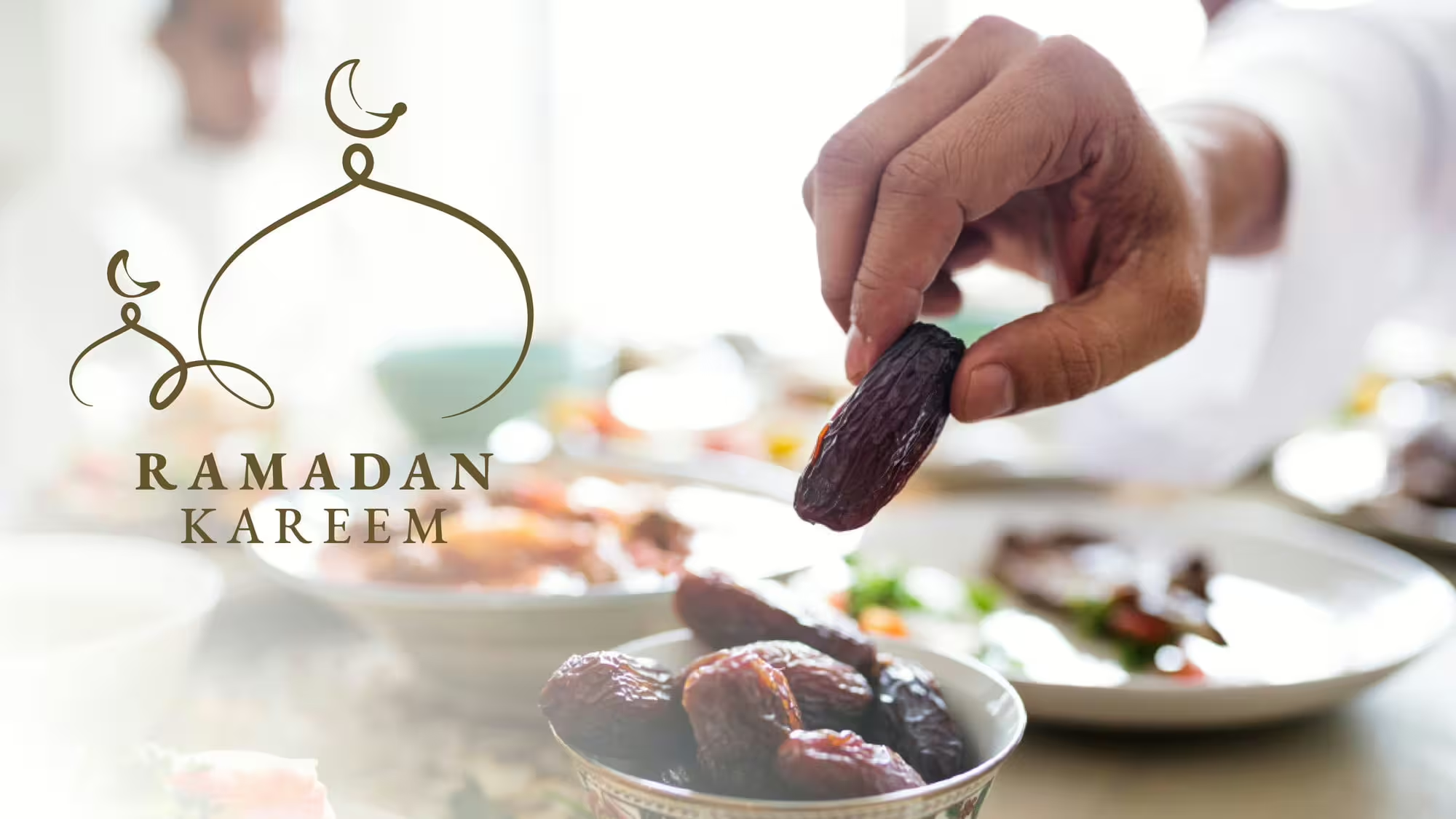
Who doesn’t look forward to the month of fasting and worship? That month is when a lot of things happen to boost our spirits and change our way of life and routines. But if you are a diabetic, you must take some precautions to fast this month safely. This blog post provides a guide for diabetics to enjoy a healthy Ramadan.
You should consult the doctor first before the beginning of the holy month, as the doctor may recommend adjusting the doses or rescheduling your medication schedule to suit the time of fasting.
It is important that you measure your blood glucose levels during the day. It may drop too much, especially if insulin is part of your treatment or if you are taking tablets that contain certain active ingredients such as gliclazide, glimepiride, or glipizide that put you at risk of having hypoglycemia.
Always remember that early signs of hypoglycemia are shaking, sweating, hunger and palpitations. Treating this mild stage will help prevent the condition from getting worse. Use a glucometer to measure your numbers and monitor your levels. Order it now from Al thiqa pharmacy.
Certainly, your diet varies during the month of Ramadan, as you only eat two meals throughout the day, which results in a lot of changes in the blood sugar level throughout the day due to the large time between meals and different types of foods. Therefore, you should follow the following tips to help you control your blood glucose levels:
You can eat the foods you love, but make them more suitable for you. For example, you can:
You can maintain normal levels of physical activity, but you should avoid strenuous physical activity that causes shortness of breath, especially in the few hours before breakfast, to avoid the risk of hypoglycemia. If you participate in Tarawih prayer, you can consider it part of your daily activity.











